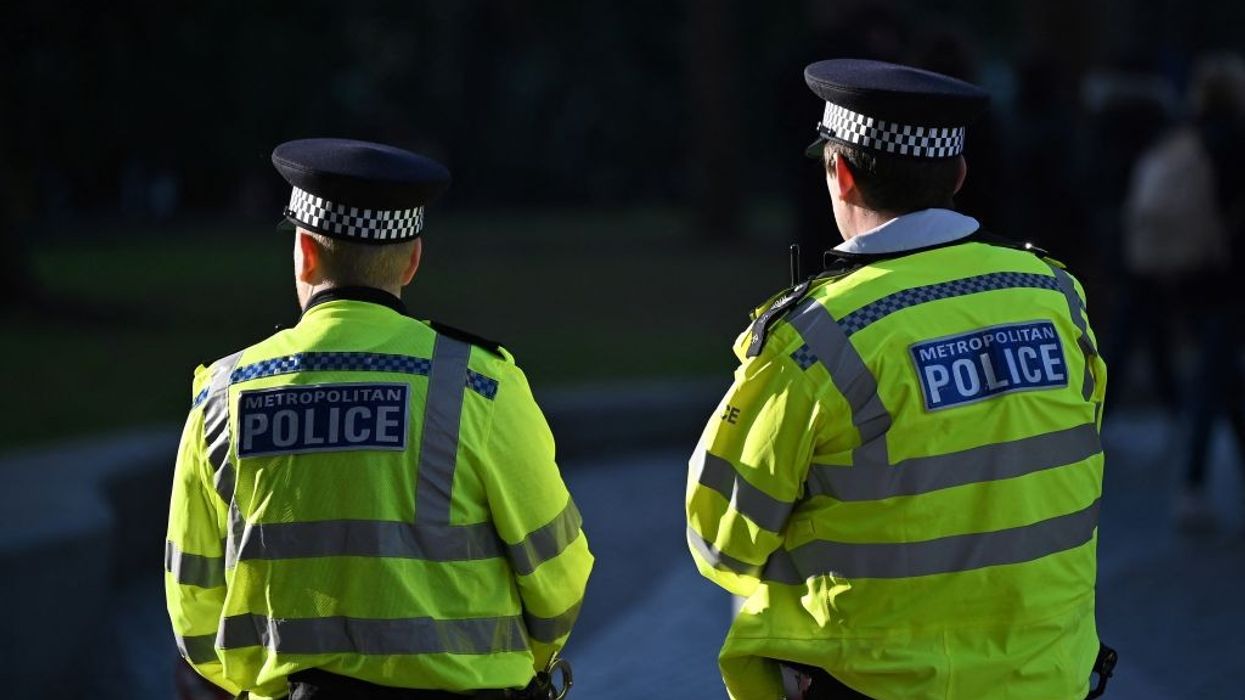FIVE former Metropolitan Police officers have been found guilty of sharing “grossly offensive racist messages” including mocking prime minister Rishi Sunak and other British Asian politicians.
Peter Booth, 66, Robert Lewis, 62, Anthony Elsom, 67, Alan Hall, 65, and Trevor Lewton, 65 retired from the UK’s largest force between 2001 and 2015 and were also part of the Parliamentary and Diplomatic Protection Command, previously known as the Diplomatic Protection Group.
They were found to have shared offensive messages between 2020 and 2022 on the WhatsApp group titled “Old Boys Beer Meet”.
Investigators discovered that Lewis, who worked at the Home Office following his retirement from Scotland Yard in 2015, posted messages aimed at black people, Romanians, the Chinese and Muslims.
In one of the slurs, he shared a photo of Sunak, former home secretary Priti Patel and former health secretary Sajid Javid under the mocked-up street sign “Browning Street”.
Booth pleaded guilty to four offences, including a picture of the late Queen Elizabeth II and Prince Philip with a golliwog doll and a joke about Pakistani flood victims.
Elsom shared a picture on WhatsApp with mocked-up speech bubbles suggesting Princess Catherine had made monkey noises at black children, Evening Standard reported.
They have been released and their sentencing hearing is scheduled for November 6.
A sixth man, Michael Chadwell, 62, also appeared at Westminster Magistrates' Court on Thursday (7) but pleaded not guilty to sending offensive messages. He is expected to stand trial on the same date.
Scotland Yard’s Anti-Corruption and Abuse Command chief James Harman said the racist and discriminatory content of their messages was “absolutely appalling”.
“We recognise that this case may further damage confidence in policing” given the defendants once served as police officers, he said.
“Colleagues across the Met will be disgusted to know that these men once served in the force and will be pleased to see the outcome” of the trial, commander Harman said.
He hoped that the case also demonstrated the Met’s commitment to take “all allegations of criminality and misconduct seriously, investigate those reports thoroughly and where we have evidence of discrimination and abuse to bring criminal charges against individuals wherever we can.”
The defendants’ lawyer Nick Cotter sought a swift sentencing hearing and asked the court to allow some of them to appear via videolink.
“Some of the gentlemen suffer PTSD (post-traumatic stress disorder) relating to their time in service, particularly Booth” who struggled to come to London as he was “heavily involved in bombings, including particularly in Soho.”
But district judge Nina Tempia said sentencing would have to wait until after Chadwell’s trial.
While Lewton is “struggling with cancer”, Lewis also awaits sentencing after having admitted to possessing two police-issue ASP batons, found at his home during his arrest.
Five former Met officers guilty of sharing racist slurs
Their offensive WhatsApp messages included mocking Sunak and other British Asian politicians




